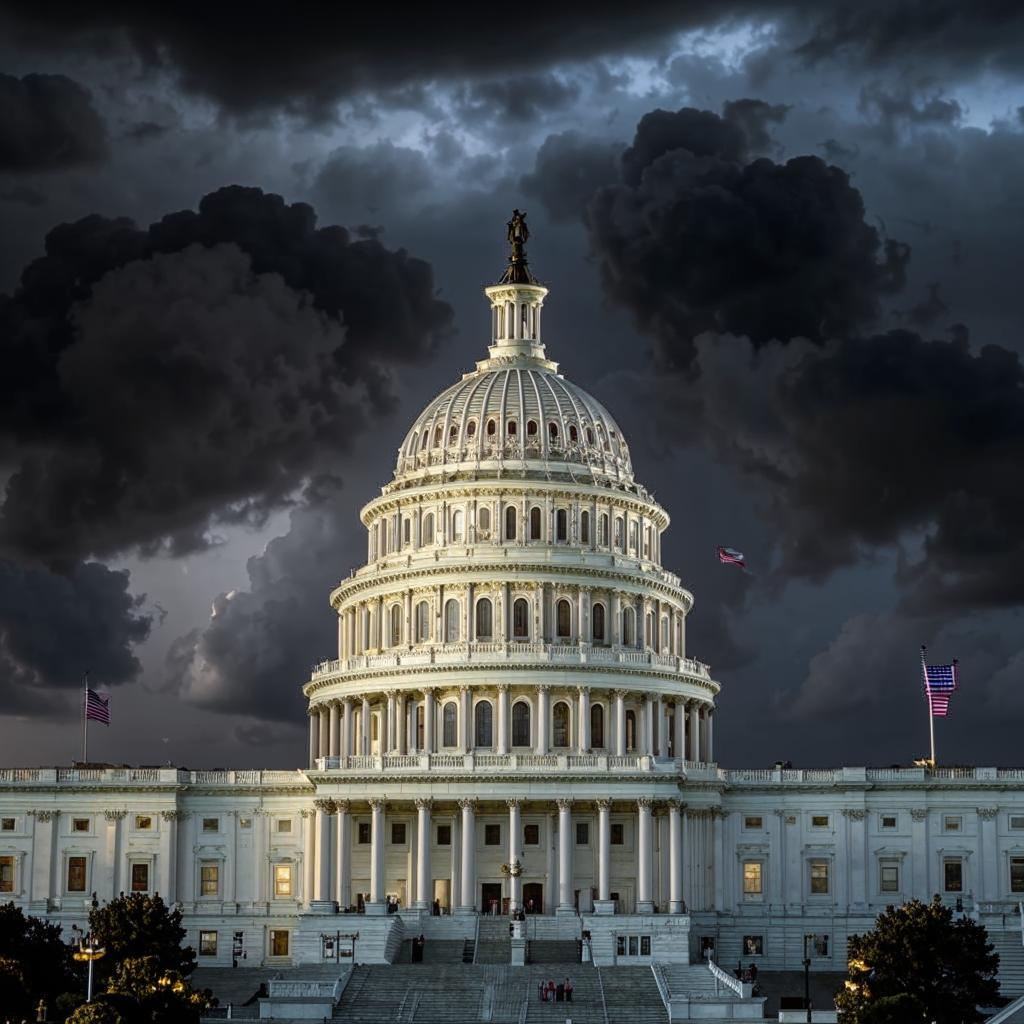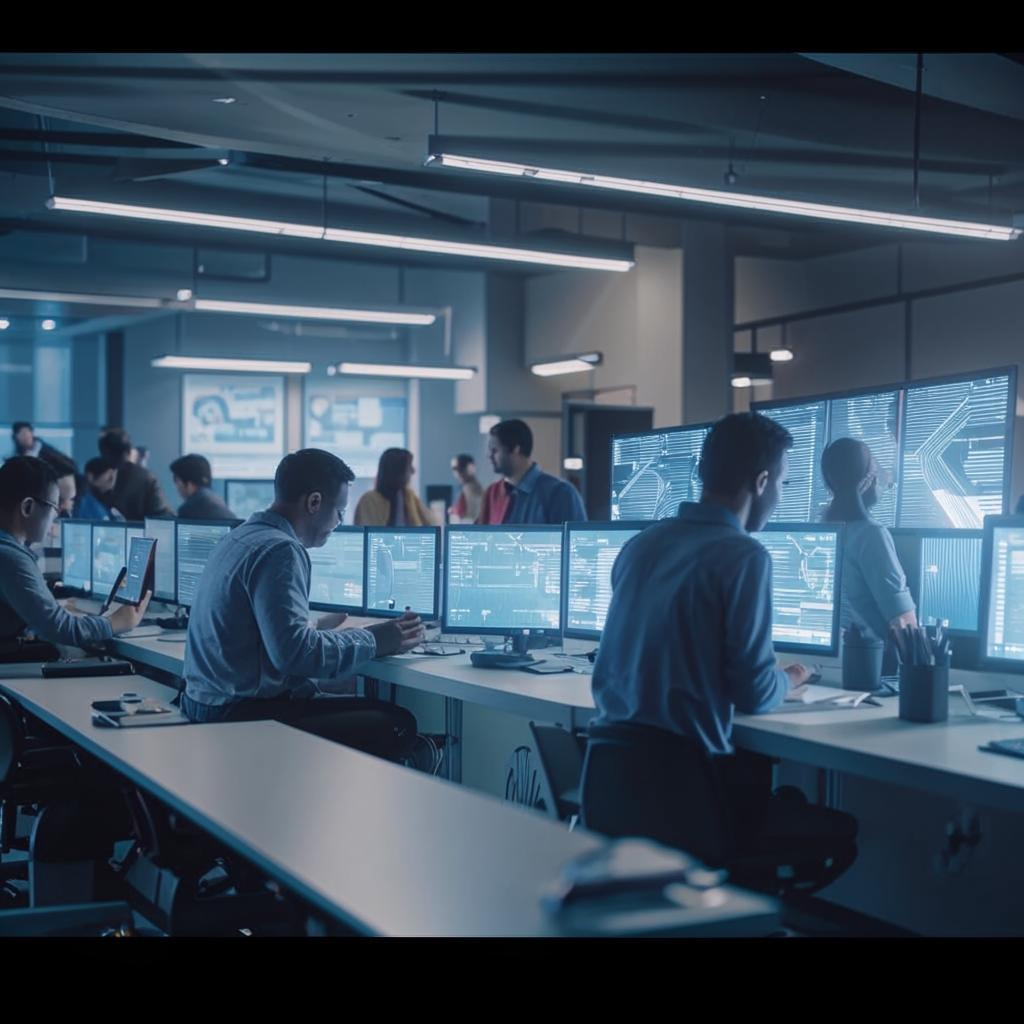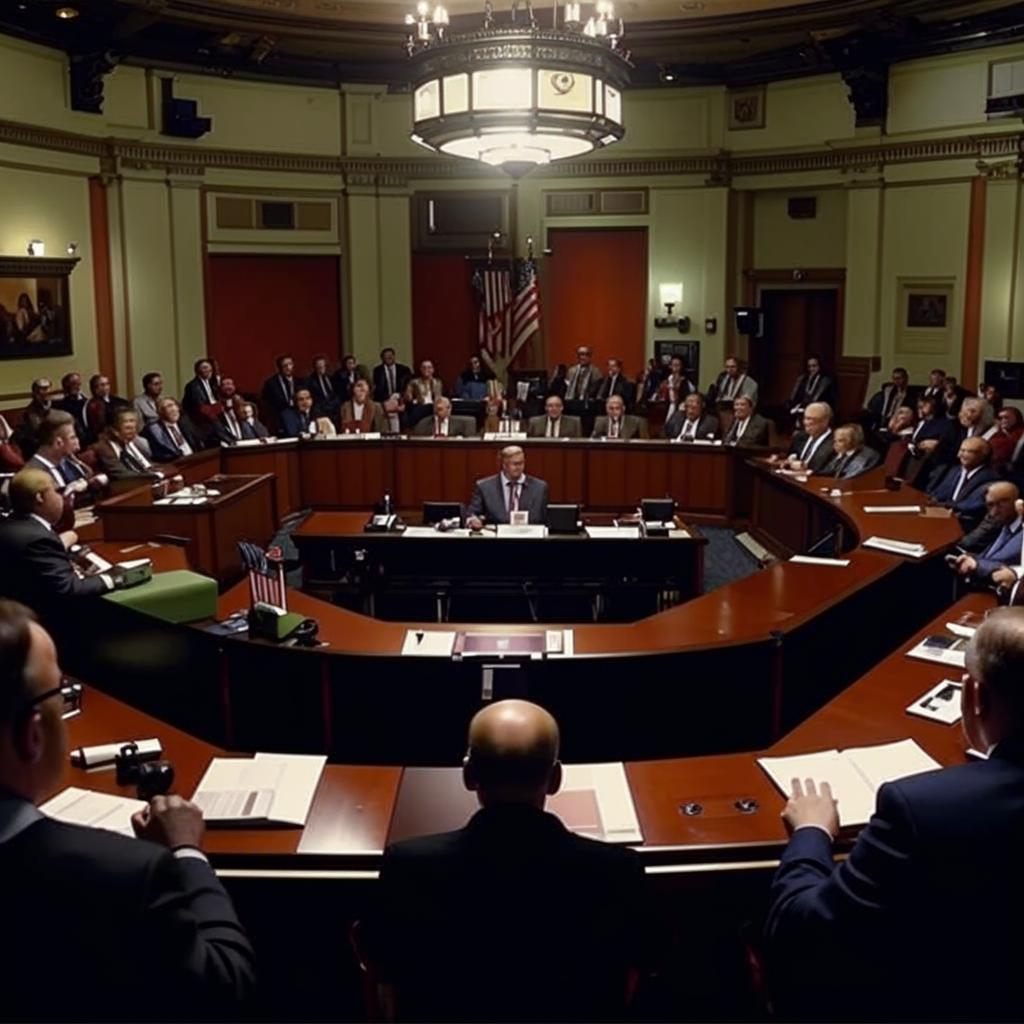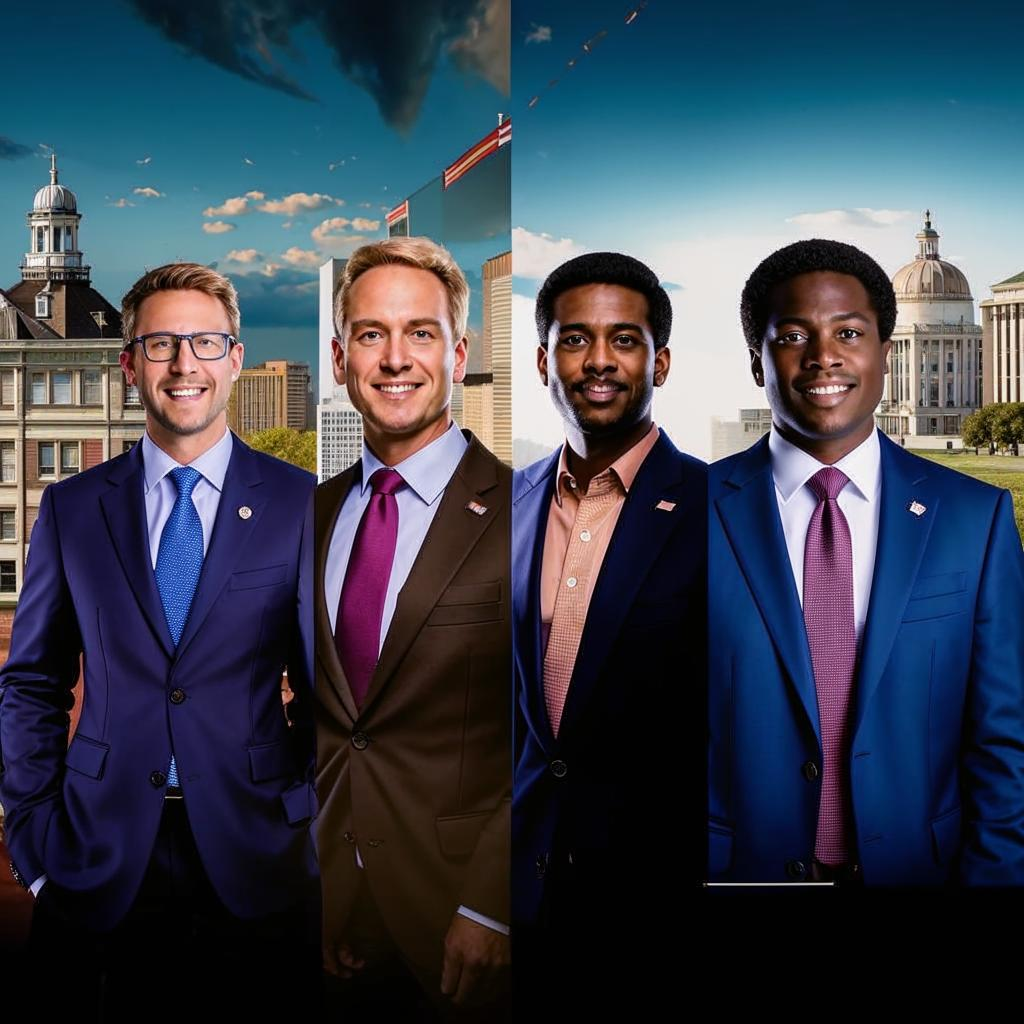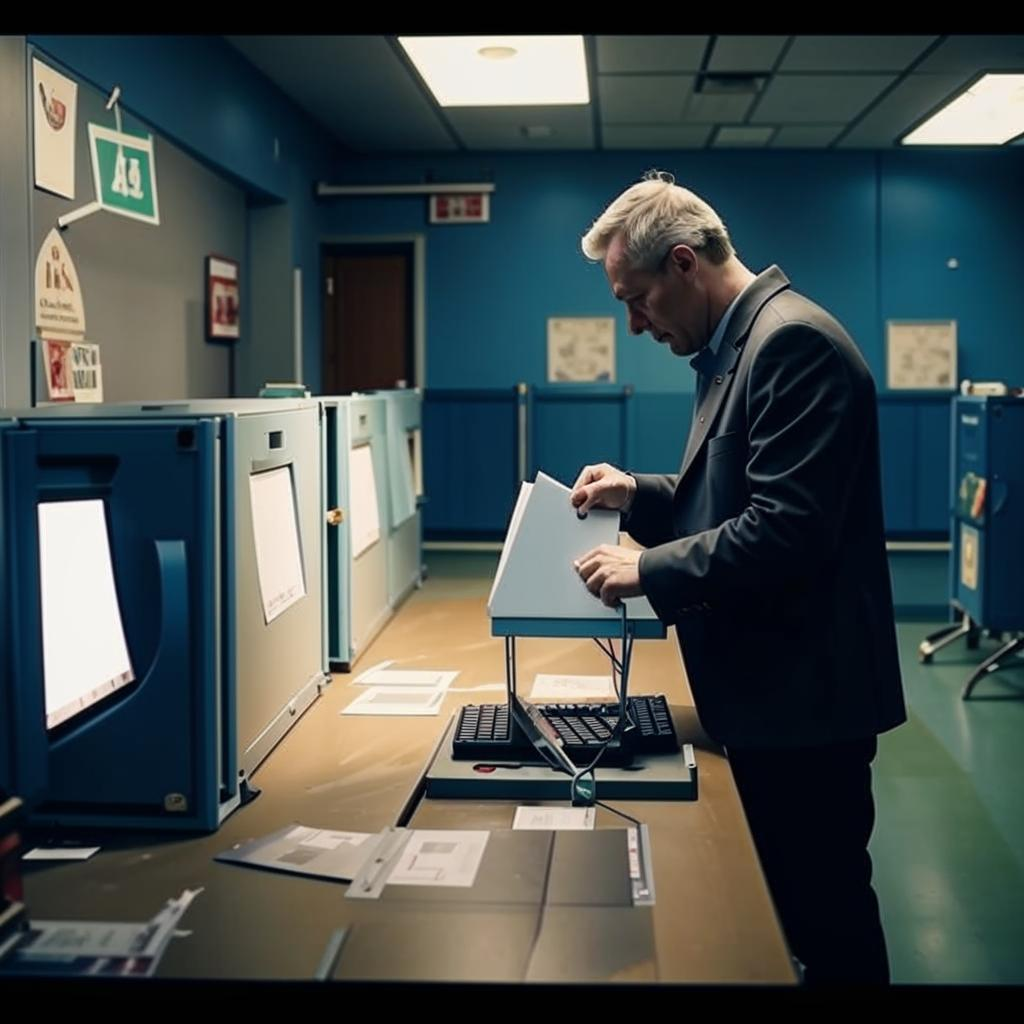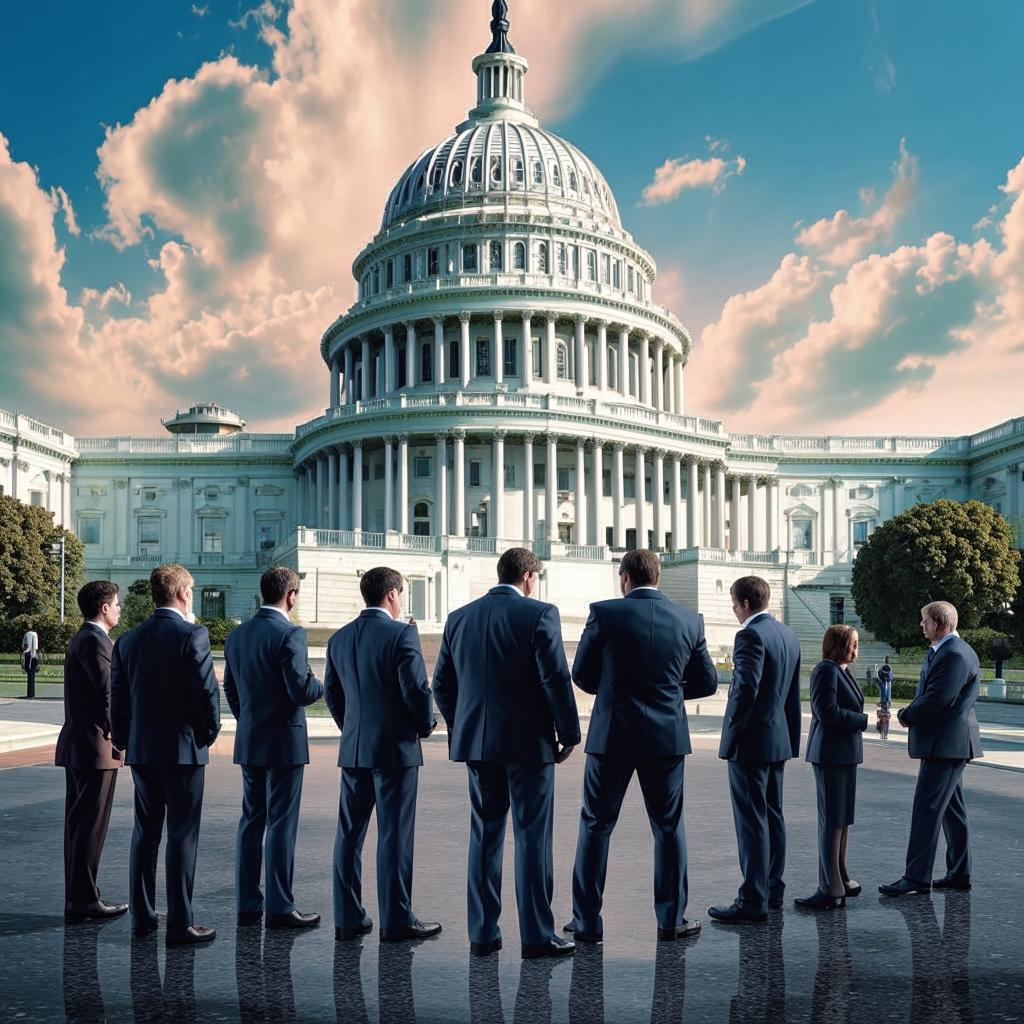Despite the economic downturn brought on by the COVID-19 pandemic, lobbying spending surged in the third quarter of 2020. Companies and various interest groups aggressively sought to influence Congress as lawmakers debated and enacted legislation related to the coronavirus response.
According to data from OpenSecrets.org, total lobbying expenditures reached over $960 million during the quarter, marking a significant increase compared to previous years. The healthcare, pharmaceutical, and technology sectors were among the top spenders, reflecting their vested interests in policies related to vaccine development, treatment access, and data privacy.
The pandemic created a unique environment for lobbying, with many industries facing unprecedented challenges and opportunities. Airlines, for example, lobbied extensively for financial assistance, while telehealth companies sought to expand access to their services.
The surge in lobbying activity also reflects the broader political landscape, with heightened partisan divisions and a looming presidential election. Many groups sought to influence not only immediate policy decisions but also the long-term direction of government.
While the pandemic’s impact on lobbying is undeniable, some observers argue that it also highlights the inherent inequities in the political system. Wealthy corporations and well-connected interest groups have a disproportionate ability to influence policy, potentially at the expense of ordinary citizens and smaller businesses. The sustained strength of K Street, even during times of crisis, underscores the enduring power of money in politics. As the pandemic evolves, so too will the efforts to sway government decision-making in its wake.
